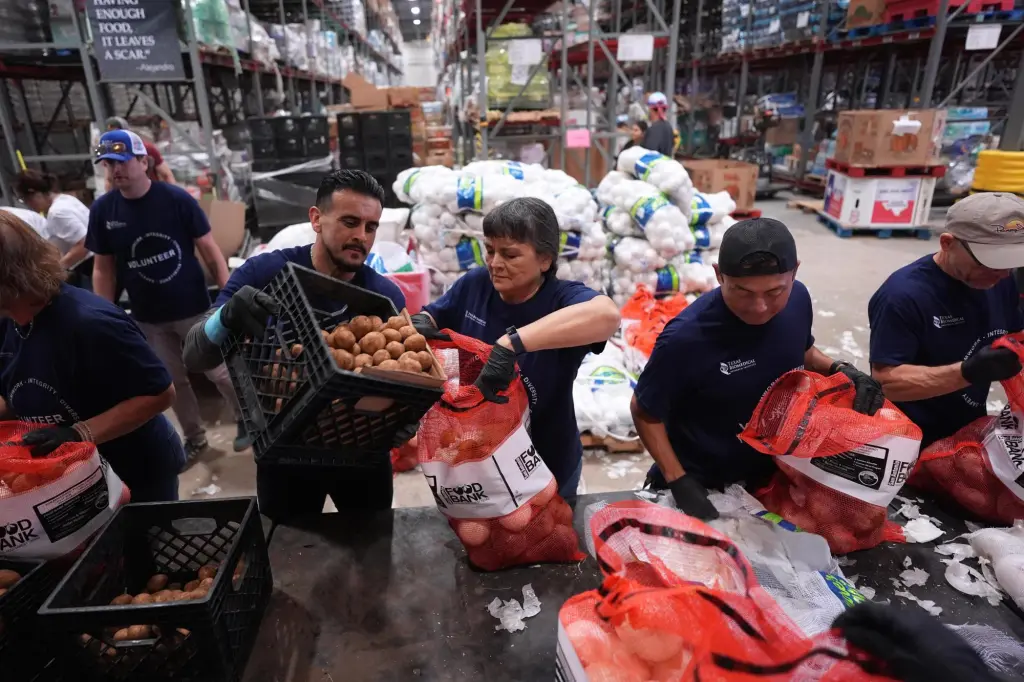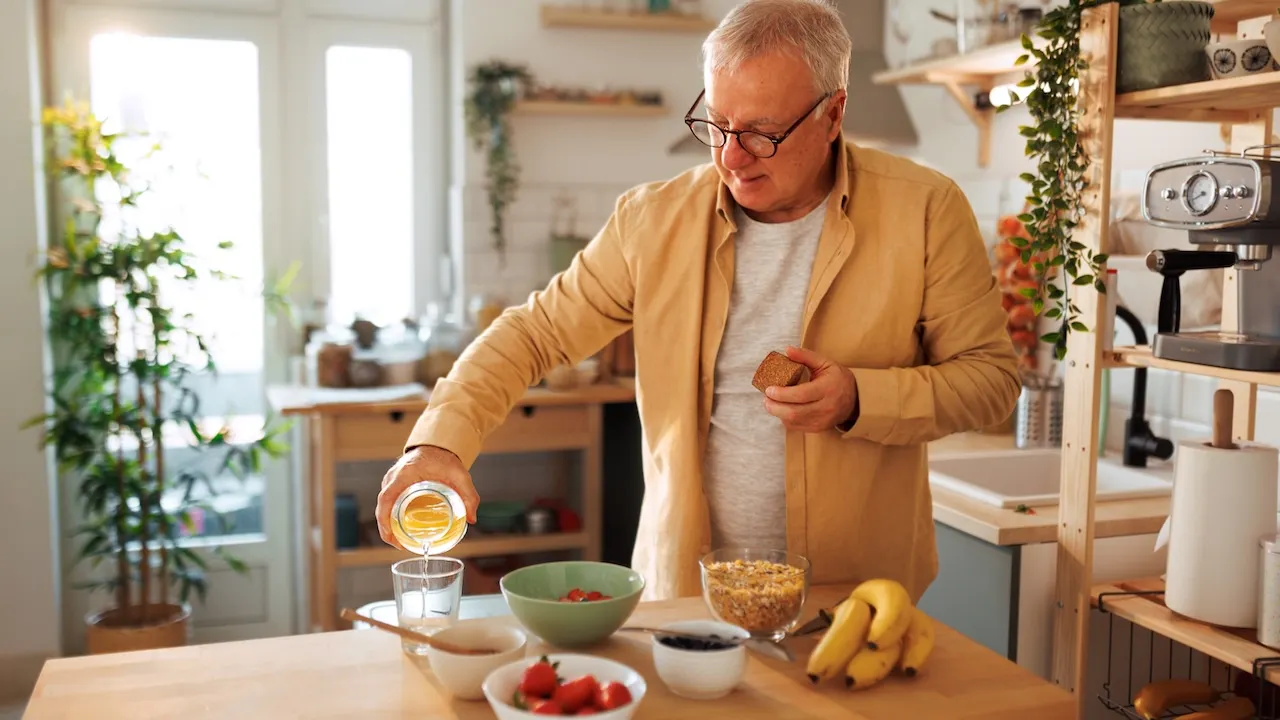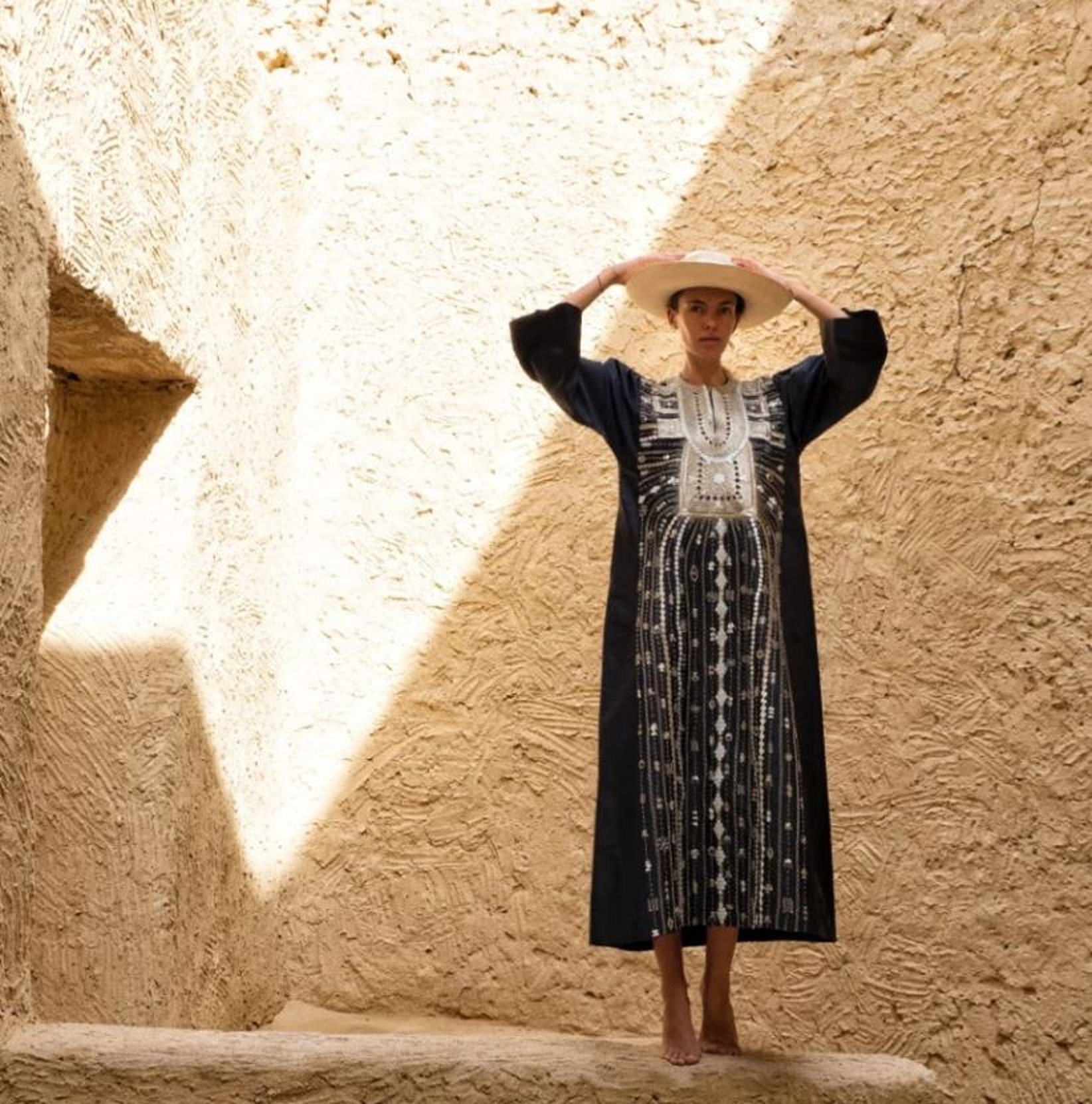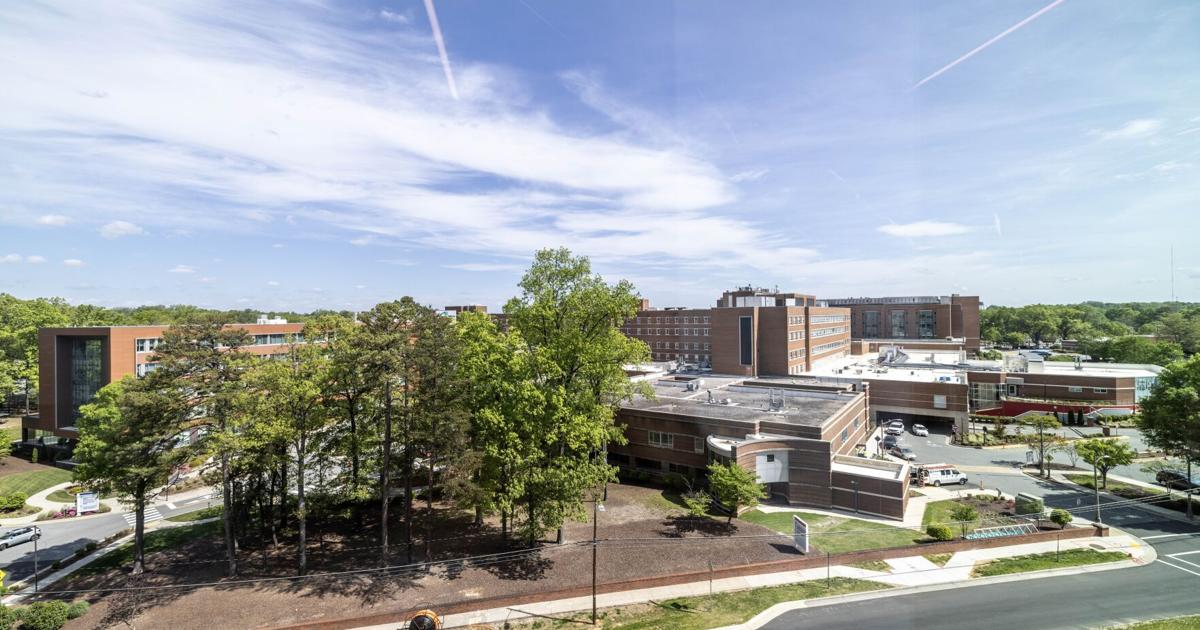Copyright Norfolk Virginian-Pilot

By JAMES POLLARD, Associated Press NEW YORK (AP) — It started with a late October meeting between a lifestyle entrepreneur, a marketing professional, a restaurant owner and a social worker at a brewery in the Florida panhandle. Within hours, Pensacola Grocery Buddies was born. The four women wanted to pair people facing uncertainty over SNAP food benefits with charitably inclined folks offering to cover grocery costs and deliveries. In just two weeks, co-organizer Hale Morrissette said they’ve made over 300 matches and raised more than $10,000 for those they cannot connect. “Everybody’s stepping up,” said Morrissette, 35, the operations director at a local health nonprofit called ROOTS. “They know that this is not something that’s like a partisan type of issue. It’s about service and it’s about taking care of each other.” Everyday people have improvised such stopgap efforts to support their communities through a historically long government shutdown that has deepened disruptions to federal services. Whether feeding hungry families or maintaining local museum tours, volunteers nationwide are strengthening social ties that they hope will continue making their neighbors whole in the face of persistent precarity. At the Oklahoma City National Memorial, volunteers have filled in giving the grounds tours typically led by now-furloughed National Park Service rangers. The site honors the 168 people killed 30 years ago when a truck bomb detonated outside a federal building, the deadliest homegrown attack on U.S. soil. Pat Hall, a 74-year-old state lobbyist and memorial trustee whose wife was there the day of the explosion, said he was “honored to step up” and “keep the flame alive.” His first tour group was a senior class that had travelled three hours by bus from their rural high school. Hall said he wanted to ensure that the government shutdown didn’t stop visitors from learning “the Oklahoma standard,” a term borne from the 1995 attack to promote a culture of caring throughout the state. “The rest of our life was to give, not take,” Hall said he realized in the attack’s aftermath. “My wife survived a bombing. I have to give back.” “We have to lift each other up,” said fellow trustee Sara Sweet. “There’s many, many, many opportunities. Because the need is so great. No matter what sector or what aspect of our communities we’re looking at.” Many have taken up that ethos — that the vast amount of need demands greater levels of service — after a yearslong backslide in the number of people who donate their time to nonprofits. Anna Culbertson was compelled earlier this year by her own job loss. The former National Institute of Allergy and Infection Diseases program specialist was among the thousands laid off this spring at the nation’s top health agencies. She then co-founded 27 UNIHTED, a National Institutes of Health alumni network providing peer support and career resources. When the shutdown began, the network put together food drives for federal employees going without pay and created a spreadsheet with available assistance for furloughed workers. They’ve placed collection boxes outside of Panera Bread and Starbucks locations, as well as the well-attended “ No Kings” protest in Washington, D.C. This sort of organizing is new for Culbertson. As a career civil servant, she said she’d always cared about helping others. But it wasn’t until recent challenges — the mass layoffs and government shutdown — that she began educating herself on effective organizing. While it’s felt good to recognize the collective power of “regular people,” she said it’s sad that “we’re at this place where this is needed.” “We’re not professional organizers,” Culbertson said. “For me and the NIH cohort, we’re scientists. We’re people who care and help a lot.” That same reciprocal care has surfaced at Norte Vista High School in Riverside, California. The school is recognized for its culture of civic engagement. Students regularly prepare ready-to-eat meals for families in need. But the Trump administration’s push to withhold food assistance funding has kicked that service into overdrive. Norte Vista High School Principal Jason Marquez said they are partnering with local businesses and grocery stores this Thanksgiving season on a door-to-door meal delivery service called “Thanksgiving Hands.” Jaymee O’Rafferty, Norte Vista’s community schools site coordinator, said many of their families struggle with food insecurity and have been asking her for additional support. She’s rallied the mothers’ group to deliver meals and gift cards. Campus clubs are collecting canned foods. It was a student who came to her with the idea for “Thanksgiving Hands.” As she sees it, her job right now is to put one question to as many people as possible: Can you come help us? “Our students are the ones where if they have 10 cans in their pantry, they’re gonna bring five to donate,” O’Rafferty said. “They already know the need and they’re willing to do what it takes to help.” “We have resources and we have power in sharing those resources,” she added. “If everybody is able to come together and share a little, it makes a huge difference.” The community engagement isn’t slowing down even as lawmakers approach a deal to reopen the government. In Pensacola, Morrissette still sees a gap that needs to be bridged. Families had to stretch their grocery budgets well before the pause on SNAP benefits, she said, and the uncertainty created by those delayed payments has brought “new faces” to her nonprofit. Pensacola Grocery Buddies continued to see its public Facebook page fill up this past weekend with gracious posts from beneficiaries sharing photos of their delivered goods — and direct messages from potential recipients asking when they will reopen applications for new support. The group is hammering out the final details on a Nov. 15 “Neighbors’ Night Out” fundraiser so they can meet more of the demand. As a DJ, Morrissette in charge of the music. “We’re gonna dance and we’re gonna talk and we’re gonna sing,” she said. “We need joy in this world that tells us we shouldn’t have hope.”



